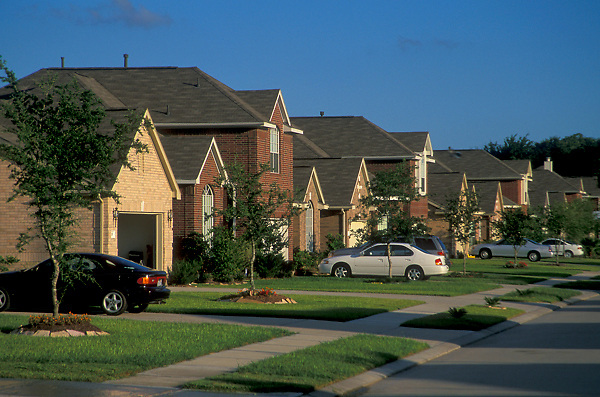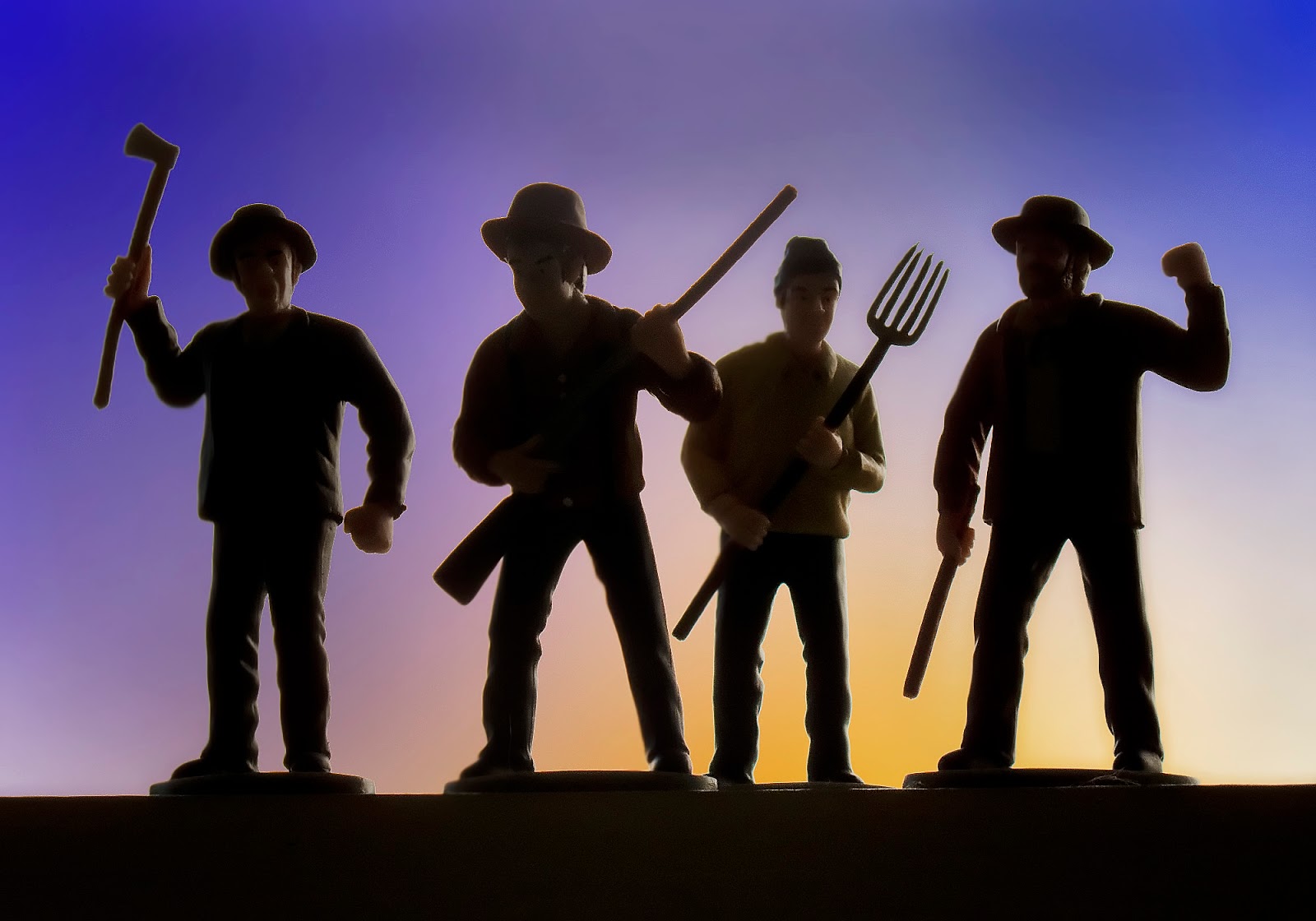The loudest dog I’ve ever heard is the often-neglected Labrador of the lunkheads living behind me. Their roofline slopes in the opposite direction most houses do, which means there’s a huge echo wall facing our house. It’s impossible to sleep or work when their dog begins barking.
Once, after three hours of nonstop woofing reverberating under the roofing, I rode the bike around the block to see if anyone was home. A young woman I hadn’t seen before was emerging from the disruptive domicile, and I asked her to tell the owners that their dog had been disturbing the peace for hours.
A half hour later a female police officer appeared at my door, accusing me of harassment. The young couple there had just had a child, and said and I was harassing them, though I never so much as knocked on their door.
This is an area of well-kept, middle class homes, and most residents are decent people who get along fine. People chat and help each other out, such as driving the elderly for outpatient surgery, as I did a few months ago for the lady next door.
Even so, the kind of bad behavior exhibited by the couple in back has, as a local cop told me, become common in America today. An experienced older officer with the wisdom of years on the force, he said he now often encounters people who call  the police when they are the offenders, preemptively slandering their neighbors.
the police when they are the offenders, preemptively slandering their neighbors.
A perennially and malignantly obtuse columnist for the New York Times tried to make the case in his latest column that the individual is not the basic unit of radical change, the neighborhood is.
His wrongheaded premise is that by focusing on the individual, “you’re not really changing the structures and systems that shape lives.”
“Thinking in neighborhood terms means radical transformation in how change is done.” This from the ‘thought leader’ who wrote “The Road to Character.”
Giving primacy to “structures and systems” over human beings is dense enough, but the notion that structures and systems determine character is utterly inane. That’s a propagandist’s attitude, not one a serious social commentator and supposed ‘change agent’ holds.
Besides, telling people in Trump’s America to focus on their neighborhoods is like telling people in Weimar Germany to support their local opera. It’s an escape from reality when reality is inescapable.
The malignancy of the neighborhood first idea becomes apparent in considering the sick relationship America has with the Saudis. ‘We can dismember one of your journalists while he’s still alive,’ their evil regime mockingly is telling the American people, ‘and you won’t do anything about it because your president is in our pocket.’
‘After all,’ as the robed Mephistopheles attests, ‘you didn’t blink an eye when we used your weapons to bomb a school bus in Yemen, killing dozens of children.’
The NYT columnist pronounces that “now we understand the utter centrality of place.” What he’s actually advocating is to continue living in the willful ignorance, blinkered smallness, and utter complacency of our little neighborhoods.
The “neighborhood is the unit of change” prescription is a calculated avoidance of the global reality. It carries to the extreme the delusion of particularity over wholeness, and of non-existent ‘diversity’ trumping the deadening sameness of American life.
In a collective psycho-political projection by the Trump mob (which has preemptively taken to calling resisting Democrats “an angry mob”) ‘globalism’ is blamed for America’s problems.
Is only darkness operating effectively in American culture, which is going global?
The liberal reaction, as Chuck Todd of MSNBC said in response to George Will, who voiced stupefaction at the Russian obsession “when Trump and his minions are propagandizing people ten times worse,” is: “If we can blame the Russians, then we won’t seem so divided at home.”
When “the structures and systems” of a society have broken down, leaving only meaningless economic activity and the industries of escapism functioning, the answer cannot be found in others, in halcyon “networks of care.” To spiritually and emotionally survive in a culture like this, one has to develop an inner life, and keep learning non-accumulatively every day, no matter how dark things become.
Place matters, but when the people of a nation are no longer intact, the individual has to find wholeness within. Besides, all advancements in history have begun with the individual, never in ‘structures and systems,’ much less in some bygone fantasy of “It’s a Wonderful Life” neighborhoods.
Martin LeFevre

